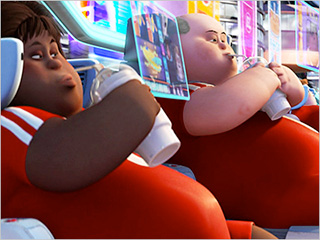During a tennis match it’s very easy to watch and listen one of the two opponents to talk against him/herself, with behaviors (sadly shake the head or move the racquet like a stick) showing the presence of a negative emotional state, exasperated and that hurts the play in the next game. These scenes occur more rarely among professional players because they have been trained to deal effectively with stressful competitive moments. These errors are common among young people and are very frequent among the players maybe even technically gifted but who have not understood that playing a match is not just a matter of physical strength and good technique.
To play good tennis, whatever their level, needs to want and be able to think and this goal becomes very difficult if are dominating moods of anger or devaluation of themselves. Everyone wants to win and since the first moment of the match the emotional tension begins to grow and if the player does not act to control it, since the first 15 – 0 for the opponent he/she will also start to worry. The court stresses the beliefs of the player: you cannot lay the blame on teammates, you cannot blame fate: the mistakes are yours mistakes. You must bear responsibility for how you are playing and thinking for doing something different right now .
The question is: to do something of different. Easy to say when you watch someone else play; it’s more difficult when you have to apply this simple rule to you. This positive attitude is built by first becoming the main supporter of yourself and not the main detractor. The tennis player after a fault must always do two things: encourage him/herself + give a simple technical instruction that will permit to avoid repeating the previous error. The match is like a battle, in which to overwhelm the enemy you need to have confidence in the information received from their commander, which in this case is you. Therefore to encourage ourselves is required to maintain a high level of confidence and control of emotions.
If in the field the player does not show this attitude, the mind of tennis player will be like a sailboat without the skipper, prey of the opponent. I suggest to the players to establish a priori checklist of things to do when they are in trouble :
1 . What to do when the first service does not enter.
2 . What to do when I want to conclude too quickly the game .
3 . What to do to decrease the anger or disappointment at that time.
4 . What I want to say to encourage me .
5 . Which are the technical information for me more important in the difficult moments.









